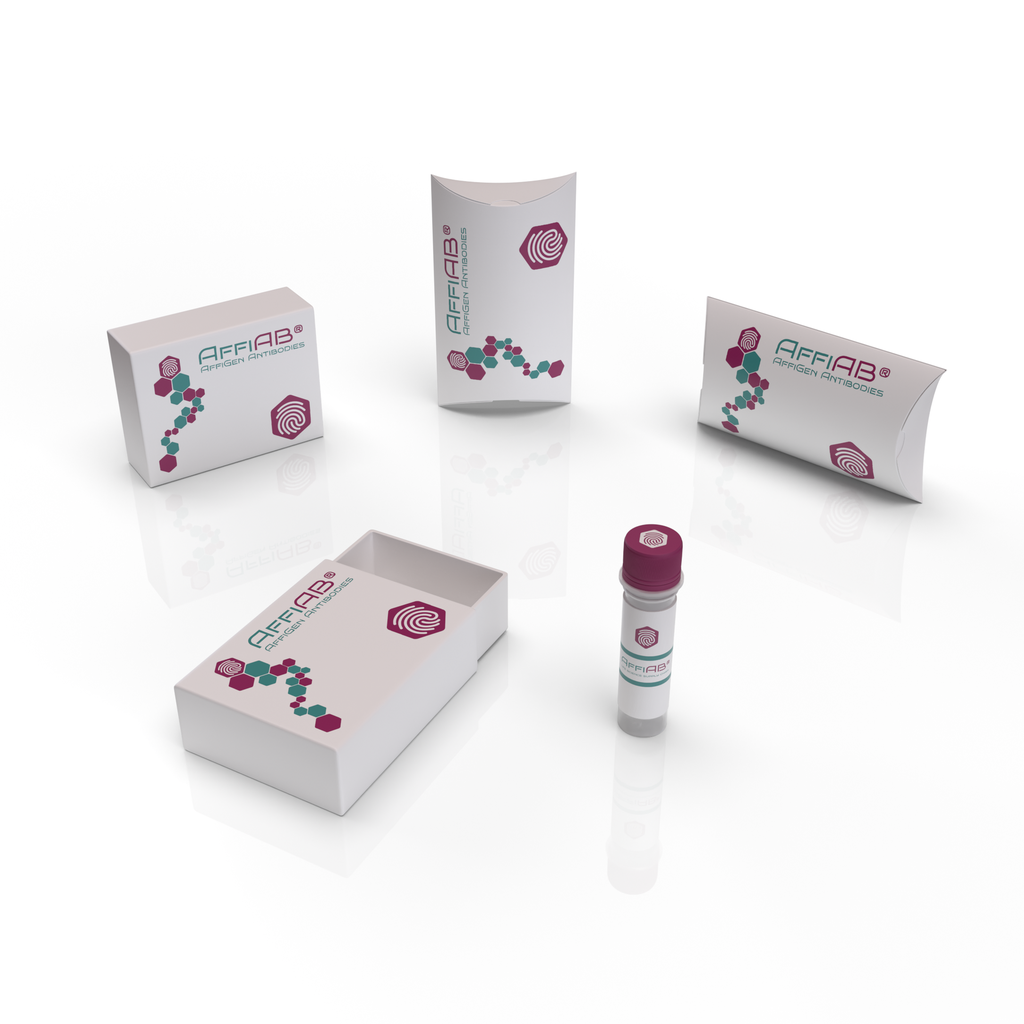Available Sizes: 50 μg, 500 μg, 1 mg.
Background
CD272, also known as B and T lymphocyte attenuator (BTLA), is an Ig superfamily co-inhitory receptor with structural similarity to programmed cell death 1 (PD-1) and CTLA-4. BTLA is expressed on B cells, T cells, macrophages, dendritic cells, NKT cells and NK cells. Engagement of BTLA by its ligand herpes virus entry mediator (HVEM) is critical for negatively regulating immune response. The absence of BTLA with HVEM inhibitory interactions leads to increased experimental autoimmune encephalomyelitis severity, enhanced rejection of partially mismatched allografts, an increased CD8+ memory T cell population, increased severity of colitis and reduced effectiveness of T regulatory cells. BTLA plays an important role in the induction of peripheral tolerance of both CD4+ and CD8+ T cells in vivo. Tolerant T cells have significantly higher expression of BTLA compared with effectors and nave T cells. BTLA may cooperate with CTLA-4 and PD-1 to control T cell tolerance and autoimmunity. It was reported that BTLA may regulate T cell function by binding to B7-H4, but further studies are needed to confirm. The existence of three distinct BTLA alleles has been reported.
Host
Rat.
Species Reactivity
Mouse.
Synonyms
B- and T-lymphocyte attenuator, Btla, B- and T-lymphocyte-associated protein, CD272, Btla.
Conjugation
None (Purified Antibody-Azide Free/Low endotoxin).
Isotype
Rat IgG1, κ.
Applications
FCM.
Concentration
0.5 mg/mL.
Buffer
0.2 μm filtered in PBS, pH7. 2. Azide Free (AF) /Low Endotoxin (LE): Contains no stabilizers or preservatives. Endotoxin level is less than 2 EU/mg as Determined by LAL gel clotting assay.
Storage Conditions
Store at 2~8°C. Do not freeze.
Gene-ID
208154.
